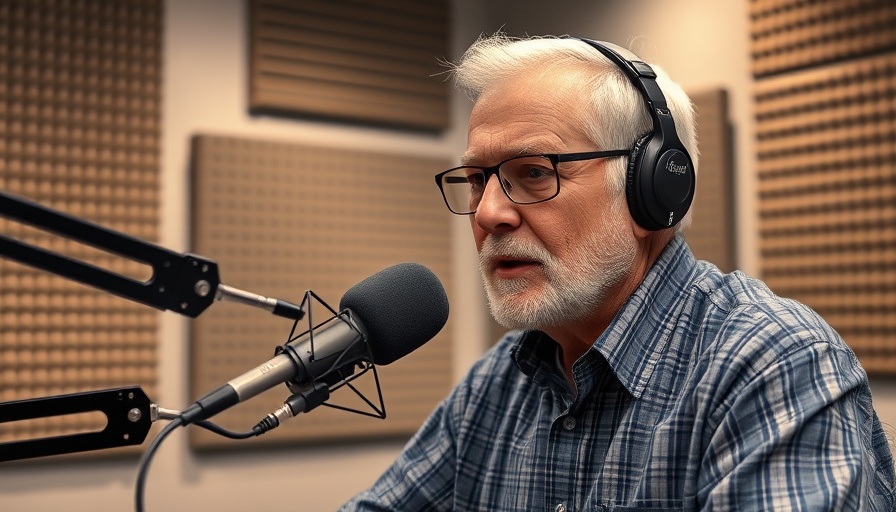
Understanding the Transformation in Medical Care
For many years, the practice of medicine relied heavily on tradition rather than empirical evidence. Clinical decisions were rooted in what had always been done, a method that often hindered progress. This all began to change with the introduction of evidence-based medicine (EBM), a paradigm shift that not only improved clinical care but is now poised to revolutionize public health policy.
The Core Principles of Evidence-Based Medicine
EBM emphasizes a triad of elements: high-quality research, clinical expertise, and patient values. Rather than leaning on outdated practices or anecdotal evidence, healthcare providers incorporate the best available research into their decision-making processes. This ensures that treatments are effective and aligned with what patients truly want and need.
The Impact of Cochrane Collaboration
Founded in 1993, the Cochrane Collaboration has played a pivotal role in promoting EBM through systematic reviews. Cochrane reviews synthesize data globally and encourage critical thinking, providing clinicians and policymakers with high-quality evidence needed to guide healthcare decisions. Beyond Cochrane, initiatives by organizations like the U.S. Preventive Services Task Force and the GRADE working group continue to advocate for EBM, enhancing its application across various healthcare settings.
Challenges in Broader Public Health Adoption
While EBM has been integrated into clinical practice, it often falls short in public health initiatives. Many health programs still emerge from intuition or political agendas rather than being grounded in evidence. This poses risks, including the misallocation of resources and the potential for undermining trust in public health systems.
Breaking Down Barriers to Evidence Utilization
Several factors contribute to the insufficient use of evidence in public health, primarily a lack of insistence on rigor and transparency. In a landscape where emotions often drive decisions, acknowledging and confronting flawed evidence can be daunting. Yet, essential public health campaigns, from vaccinations to anti-smoking efforts, showcase the undeniable necessity of evidence in shaping successful health interventions.
The Call for Action: Embracing Evidence in Decision-Making
As we push forward, there’s an urgent need to foster a culture of informed decision-making within public health. Policymakers and health professionals must challenge assumptions, utilize robust evidence, and prioritize effective practices that are truly beneficial to communities. Bridging this gap ensures that public health not only inspires confidence but effectively promotes overall well-being.
How Can You Contribute?
As individuals seeking modern and actionable health advice, stay informed. Engage with trusted sources that employ evidence in their recommendations and demand transparency from public health initiatives. Your voice can make a difference. Advocate for evidence-based practices in your communities to foster a healthier society.
 Add Row
Add Row  Add
Add 




 Add Row
Add Row  Add
Add 

Write A Comment